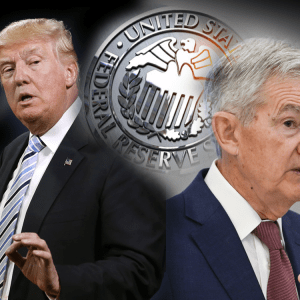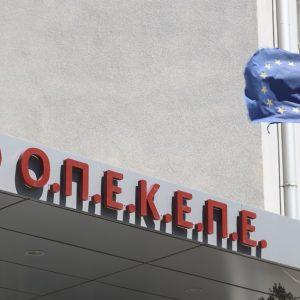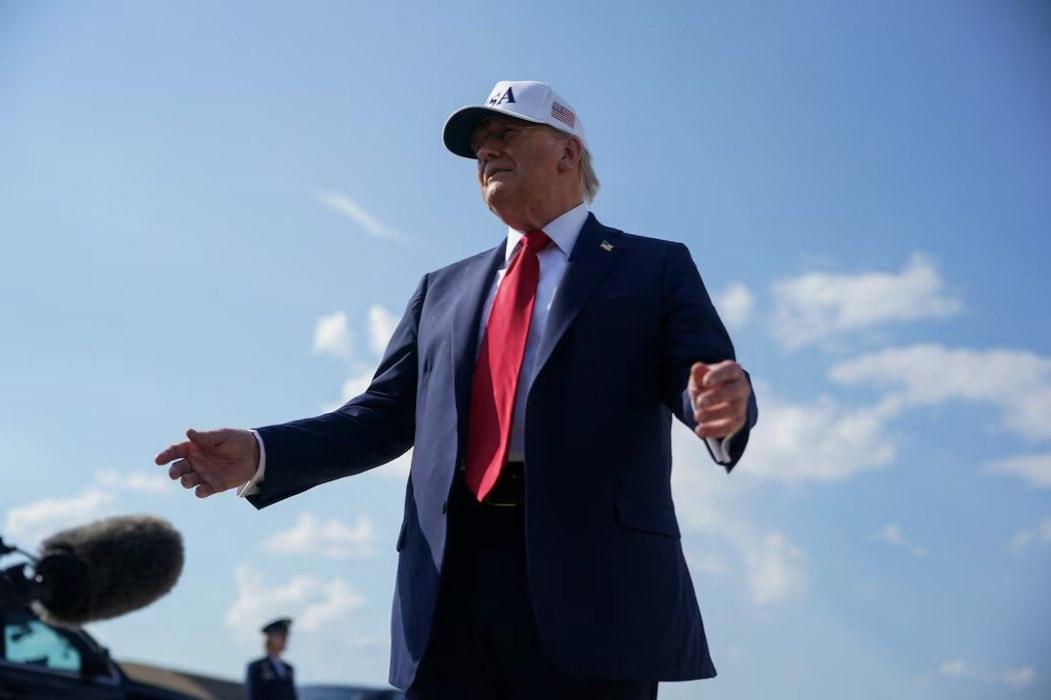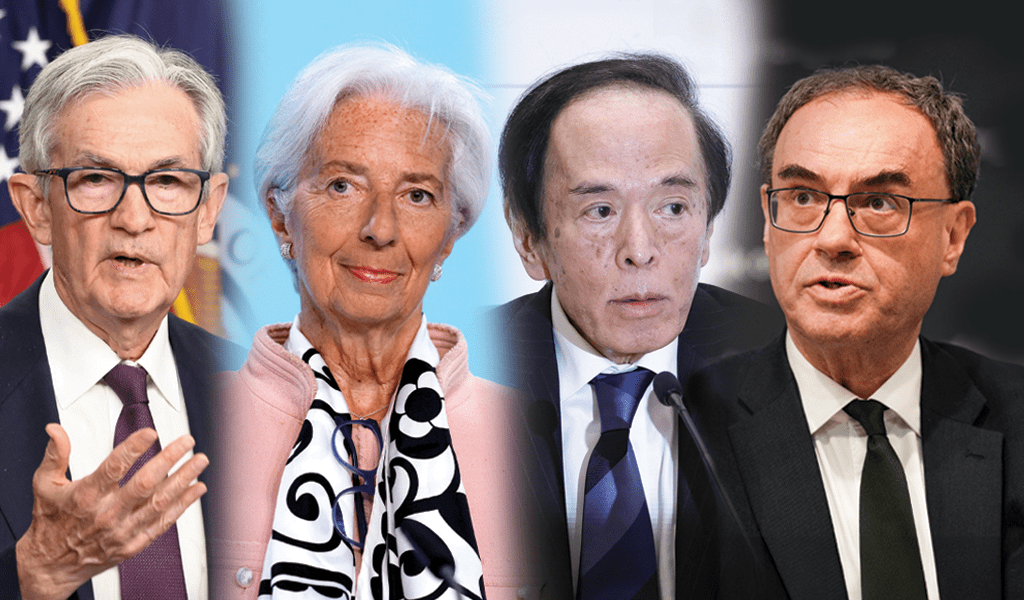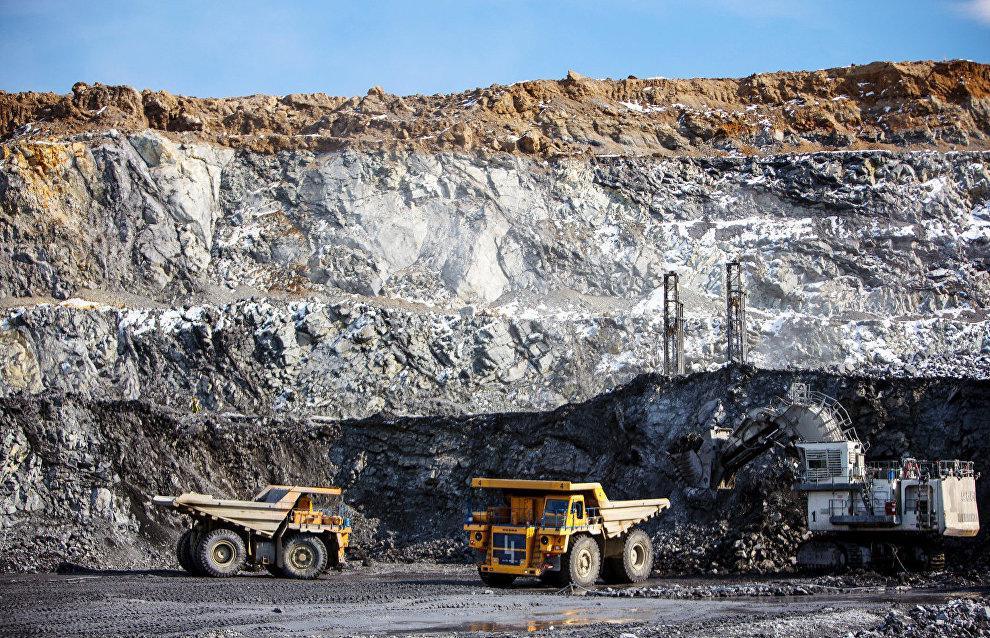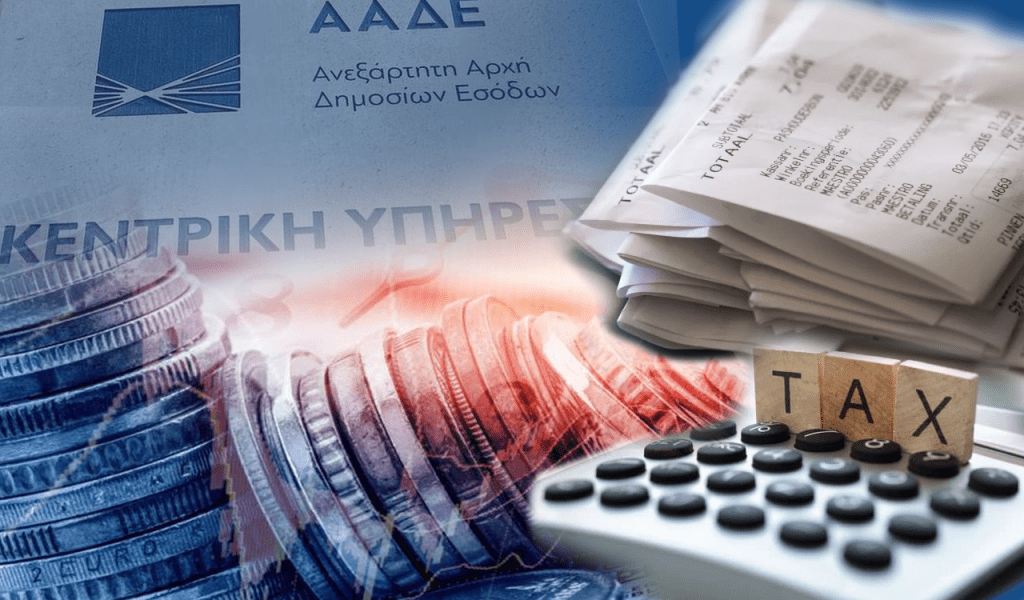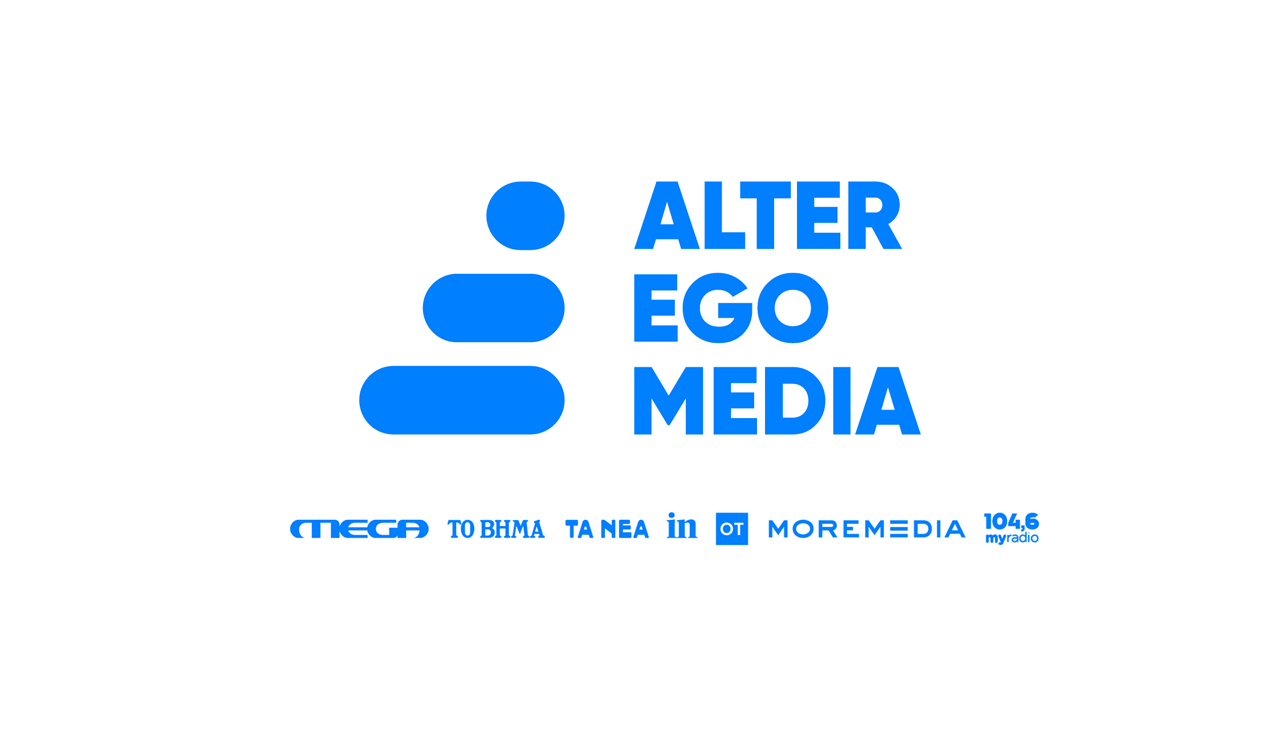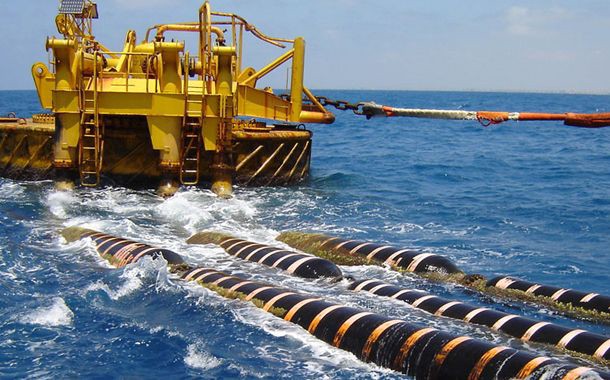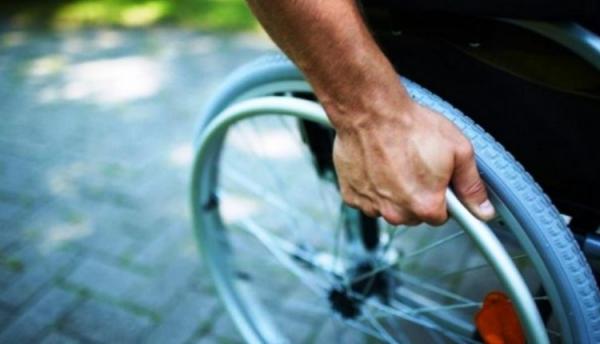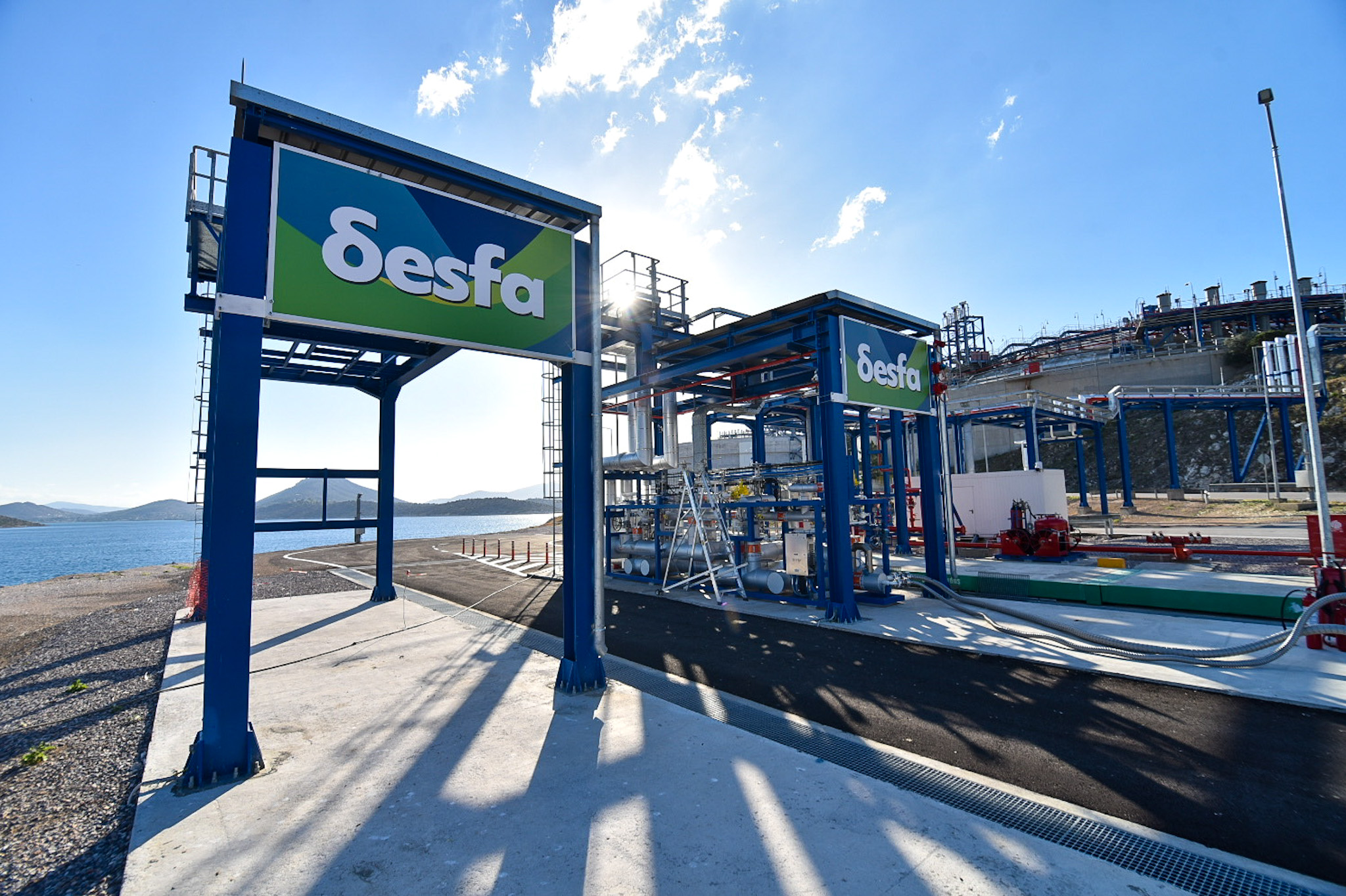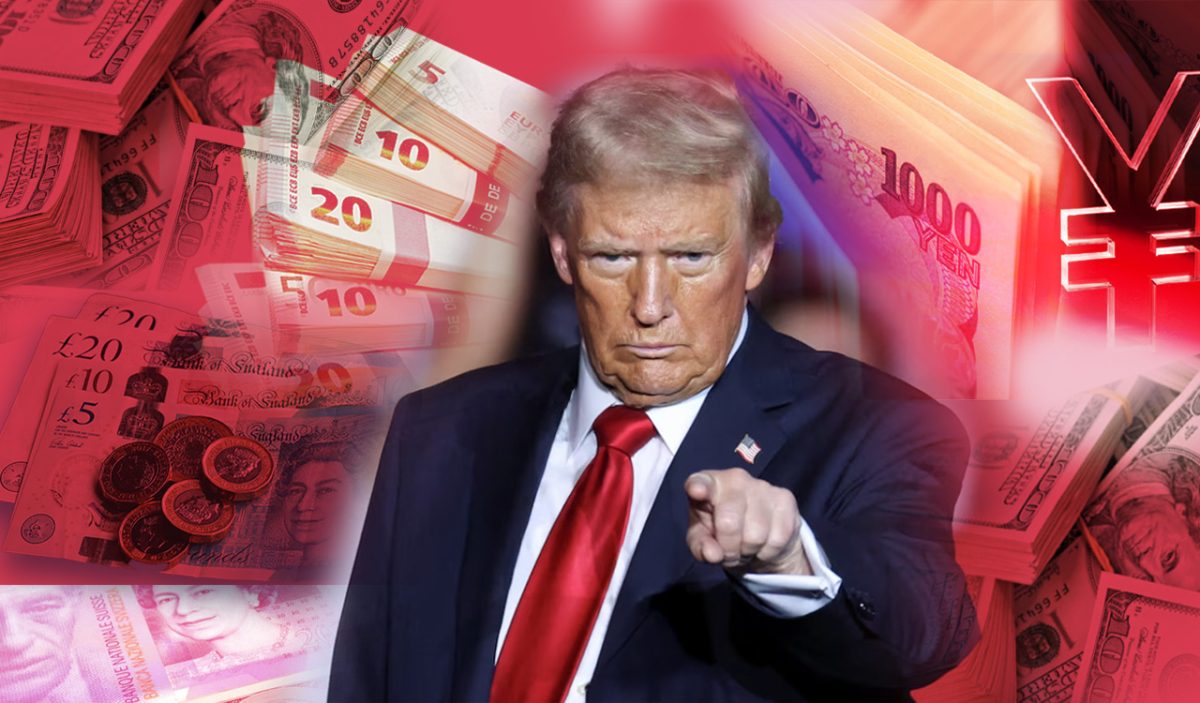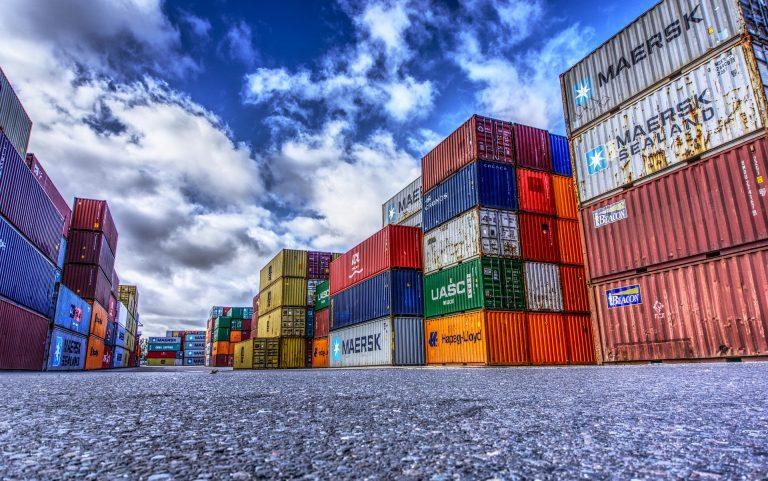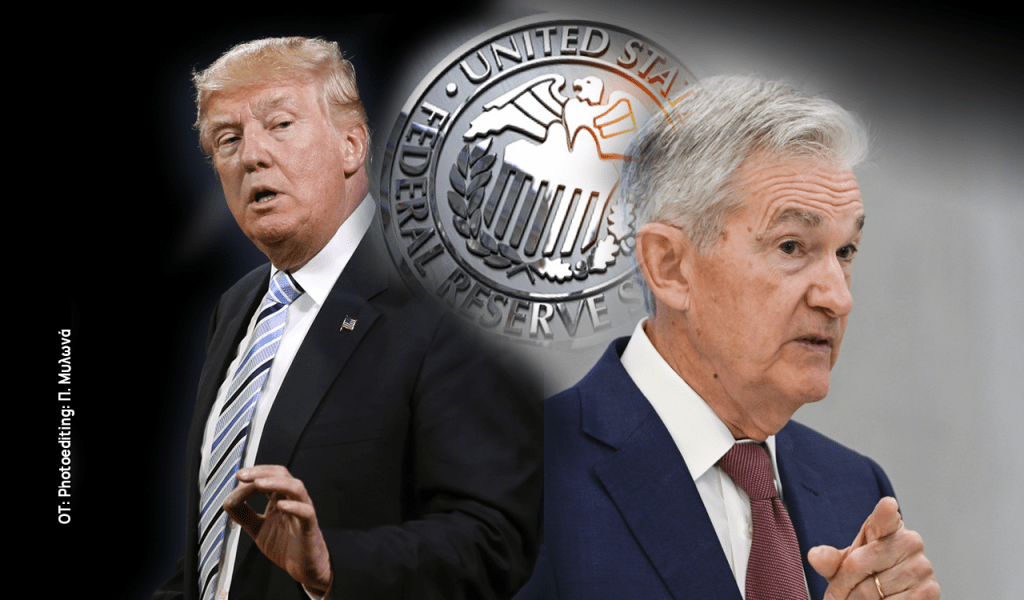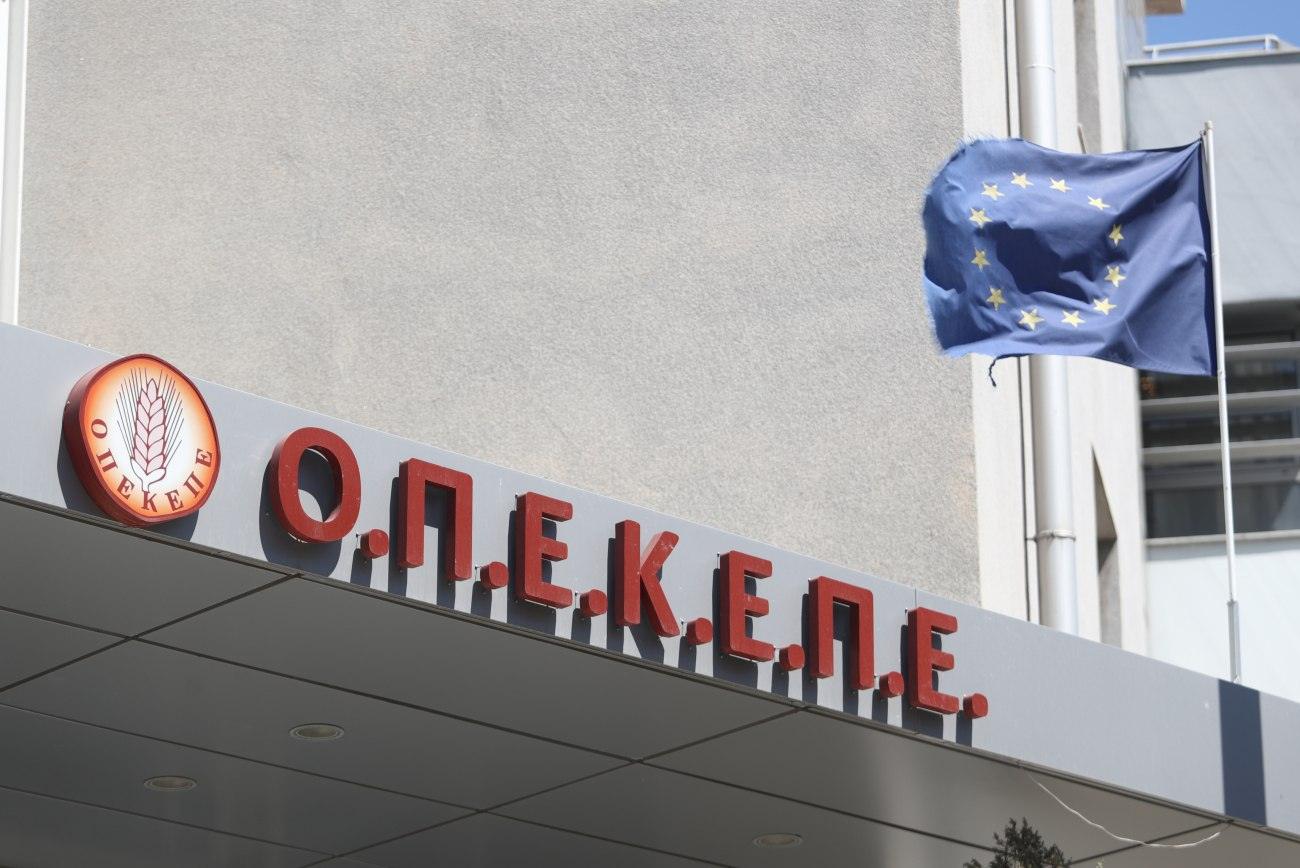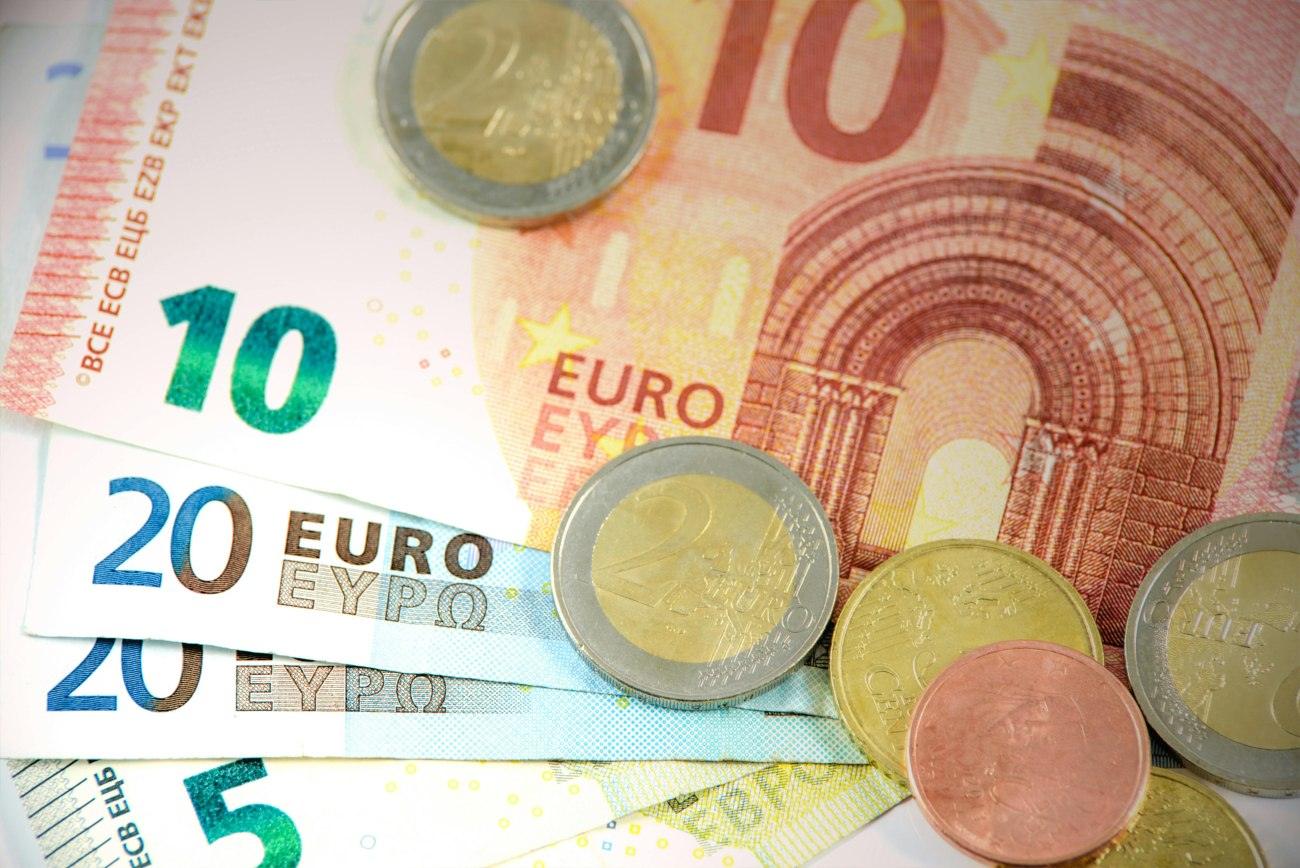The general economic climate index (ACEO / ICAP CRIF-CEO General Index) decreased to 140 points in the first quarter of 2022, as recorded by the quarterly survey conducted on a sample of 2,540 CEOs / general managers of the largest Greek companies by the Greek Association of Chief Executive Officers (ACEO) in collaboration with ICAP CRIF. The research was carried out in the period 23/3/2022 – 8/4/2022.
In the first quarter of 2022 the general economic index (ACEO/ ICAP-CEO General Index) fell significantly to 140 points. The decline in the index is due to the negative conditions that emerged after the invasion of Ukraine and the uncertainty among CEOs about the timing of the end of hostilities, the return to normalcy, the new international economic relations that will prevail and their impact on the Greek economy and businesses. The analysis of the results by size category shows a significant decrease of the index in all sizes of enterprises, however the decrease in very large enterprises was smaller compared to the rest. The current financial situation index (ACEO-CEO Current status Index) fell to 136 points, while the expectations index (EASE-CEO Expectation Index) decreased for the second consecutive quarter to 144 points.
Estimates
In detail, the current economic situation index of the country showed a vertical decline to 160 points compared to 257 in the previous quarter. The percentage of CEOs who say that the current economic situation of the country has improved compared to a year ago, decreased to 20% compared to 73% in the previous quarter. At the same time, the percentage of CEOs who state that the current economic situation of the country has deteriorated increased to 52% compared to 7% in the previous quarter. The forecast for the country’s economic situation a year later fell to 156 points from 230 points in the previous quarter. The percentage of CEOs who estimate that the country’s financial situation will be better next year stood at 28%, compared to 65% in the previous quarter.
The index of the current economic situation of the sector in which the companies are active deteriorated to 156 points compared to 222 in the previous quarter. The percentage of CEOs who say that the current state of their industry is better than a year ago decreased to 25% compared to 64% in the previous quarter, a percentage that drops even further to 14% for CEOs of commercial enterprises. The index of expectations for the financial situation of the operating sector fell to 157 points compared to 209 in the previous quarter. The percentage of CEOs who believe that in one year the active branches will be in a better financial situation compared to the current one decreased significantly to 30% compared to 59% in the previous quarter, while this percentage reached 40% for the CEOs of the very large companies.
Businesses
The index of the current financial situation of the companies fell to 117 points compared to 157 points in the previous quarter. The percentage of CEOs who state that the current financial situation of their companies has improved compared to a year ago decreased to 48%, a percentage that increased to 60% for the CEOs of very large companies. The CEOs’ expectations for their company’s financial situation next year fell to 124 points from 160 points in the previous quarter. The percentage of CEOs who expect improvement next year rose to 38%, a percentage that has increased to 53% for CEOs of very large companies.
The costs
The current expenditure ratio for fixed capital investments decreased slightly and stood at 120 points compared to 140 in the previous quarter. The percentage of CEOs who state that the current investment cost of the companies they manage is higher compared to the previous year amounted to 25% compared to 39% in the previous quarter. The index of investment expectations also showed a deterioration to 137 points compared to 157 points in the previous quarter. The percentage of CEOs who say that investment spending on their businesses will be higher next year, from 44% in the previous quarter fell to 28%, a share that increases to 43% for CEOs of industrial companies.
Employment
The current employment index, in contrast to all other indices, showed even a marginal increase to 125 points compared to 124 in the previous quarter. The percentage of CEOs who state that the number of employees in the companies they run is higher compared to a year ago was 52%, which is an increase of 67% for very large companies. However, the employment expectations index deteriorated to 144 points compared to 156 in the previous quarter. The share of CEOs who state that employment in the companies they manage will increase 1 year later stood at 35% compared to 46% in the previous quarter. Very large companies are significantly different from the rest after 60% of the CEOs who manage them stated that the employment of their companies will increase one year later.
In addition to the key questions asked to CEOs every quarter, they were also asked for their opinion on the impact of the war in Ukraine on Greek tourism during this year. 33% of CEOs said that there will be a small negative impact, 56% a moderate negative impact, while 11% said that the negative impact will be high, which increases to 21% for industrial enterprises, while on the contrary it decreases significantly for service companies.
CEOs were also asked about the extent to which the negative impact of rising inflation and energy prices on the growth of the economy. All CEOs agree that there will be a negative impact on the economy to some extent. 42% answered that the impact will be moderate, while 58% believe that the impact will be great. However, there are significant differences in the answers depending on the size of the companies. In very large companies 60% of CEOs estimate that the impact will be moderate and 40% large.









